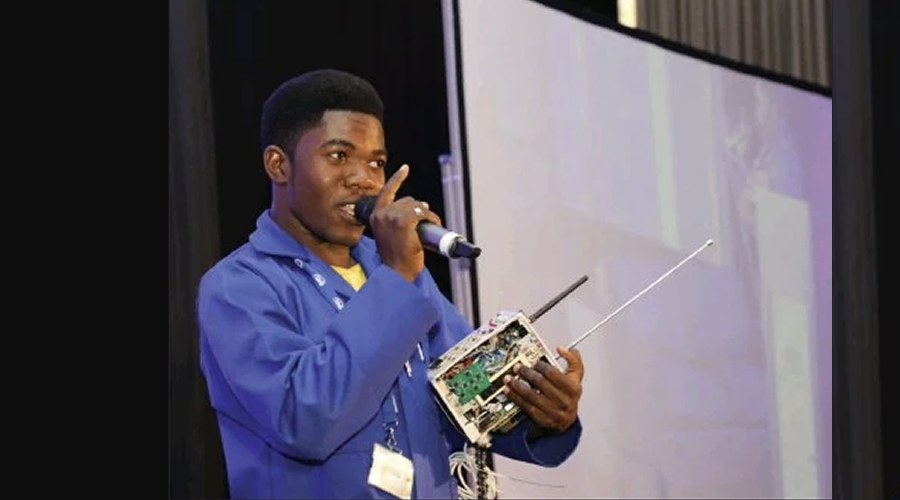
Simon Petrus, a 19-year-old student from Namibia, has surprised the world by unveiling a prototype mobile phone that works without a SIM card or connection to traditional networks. His device uses radio frequencies to make calls, which, in theory, would allow communication in remote areas where telecommunications infrastructure is non-existent. The invention has been hailed in his country as a symbol of African youth ingenuity.
However, not everyone shares the enthusiasm. On social media, many users have questioned the real novelty of the device, pointing out obvious similarities with traditional walkie talkies or shortwave radios. Some comments are ironic about the supposed technological breakthrough, arguing that it is an invention that has been known for decades. Others, without denying the merit, point to a lack of understanding of how wireless technologies actually work.
Beyond the technical debate, Petrus' story puts the spotlight on inequalities in access to technology and the importance of fostering local creativity. While his invention may not revolutionise the mobile industry as some suggest, it has managed to open up a global conversation about innovation in less resourced contexts. And that, in itself, is significant.
Source: cerebrodigital.net, empress.com
